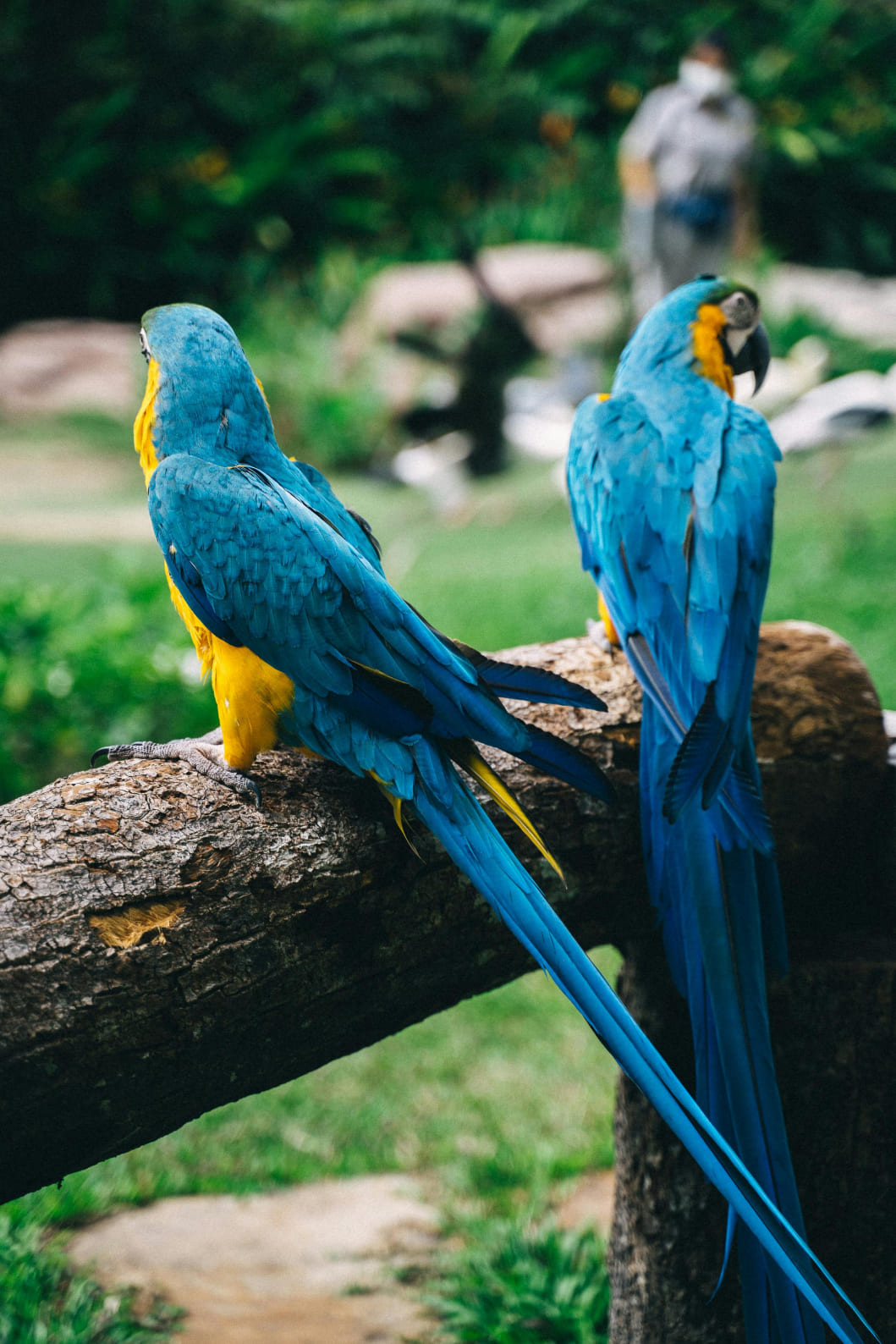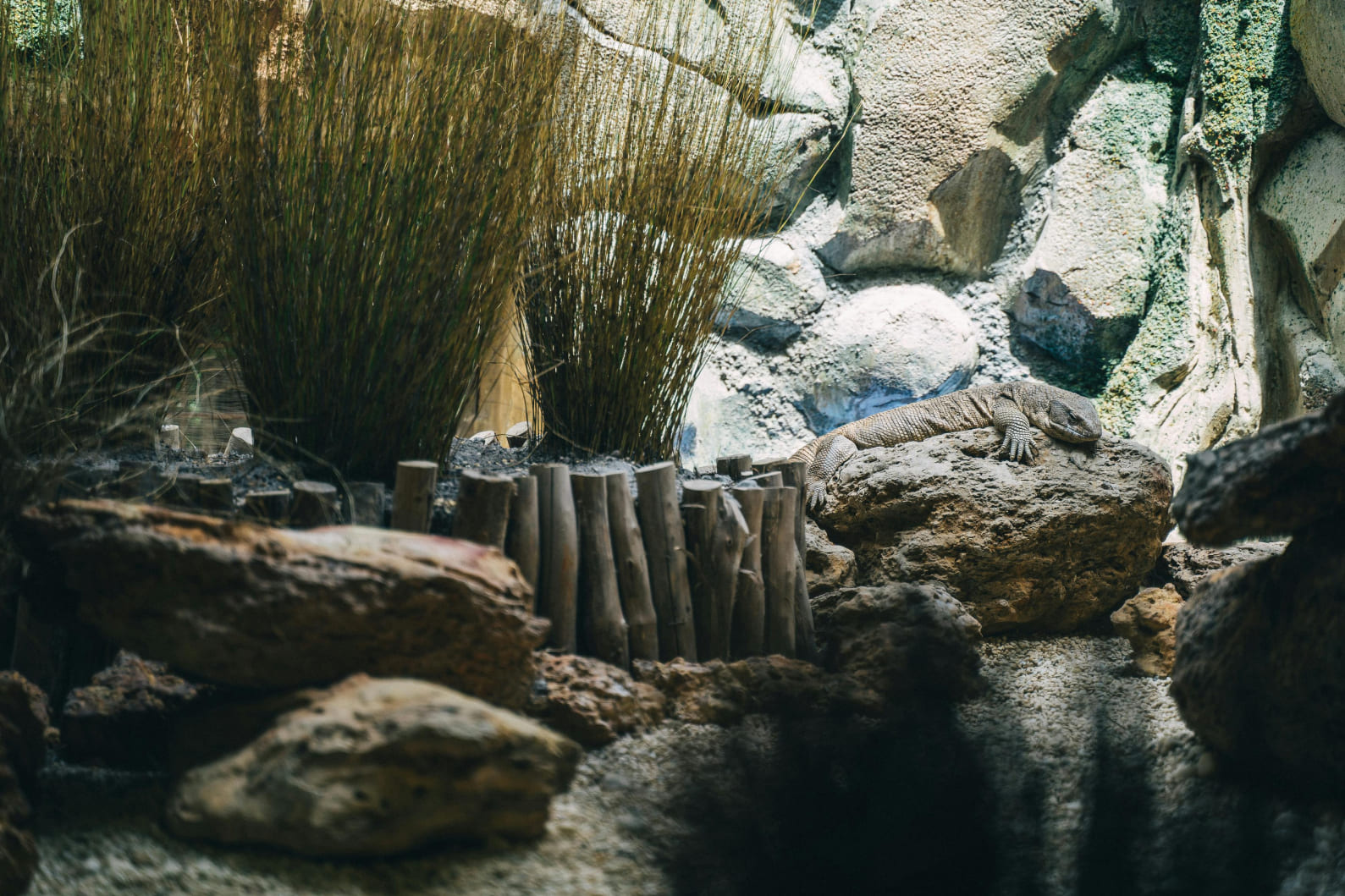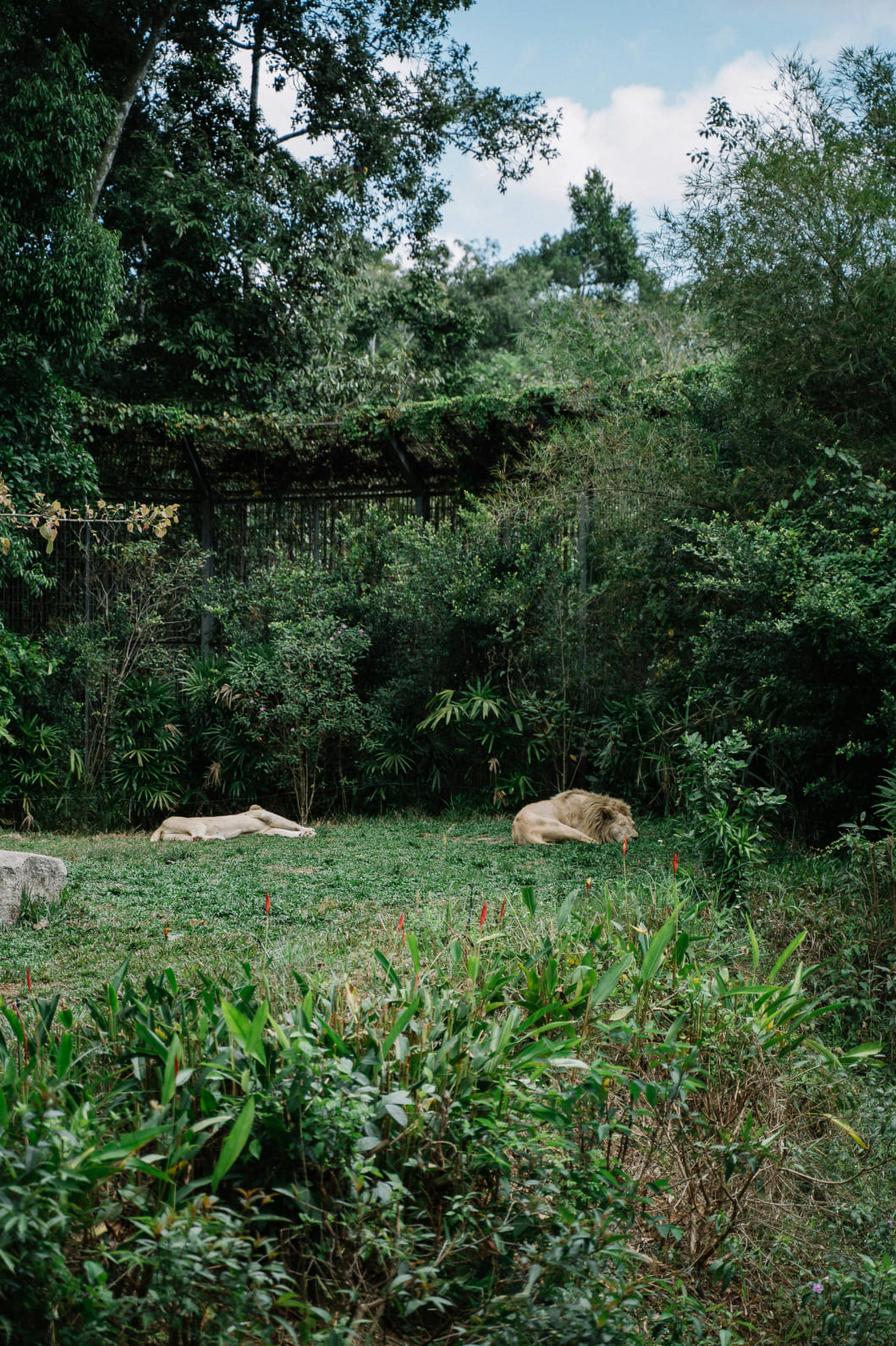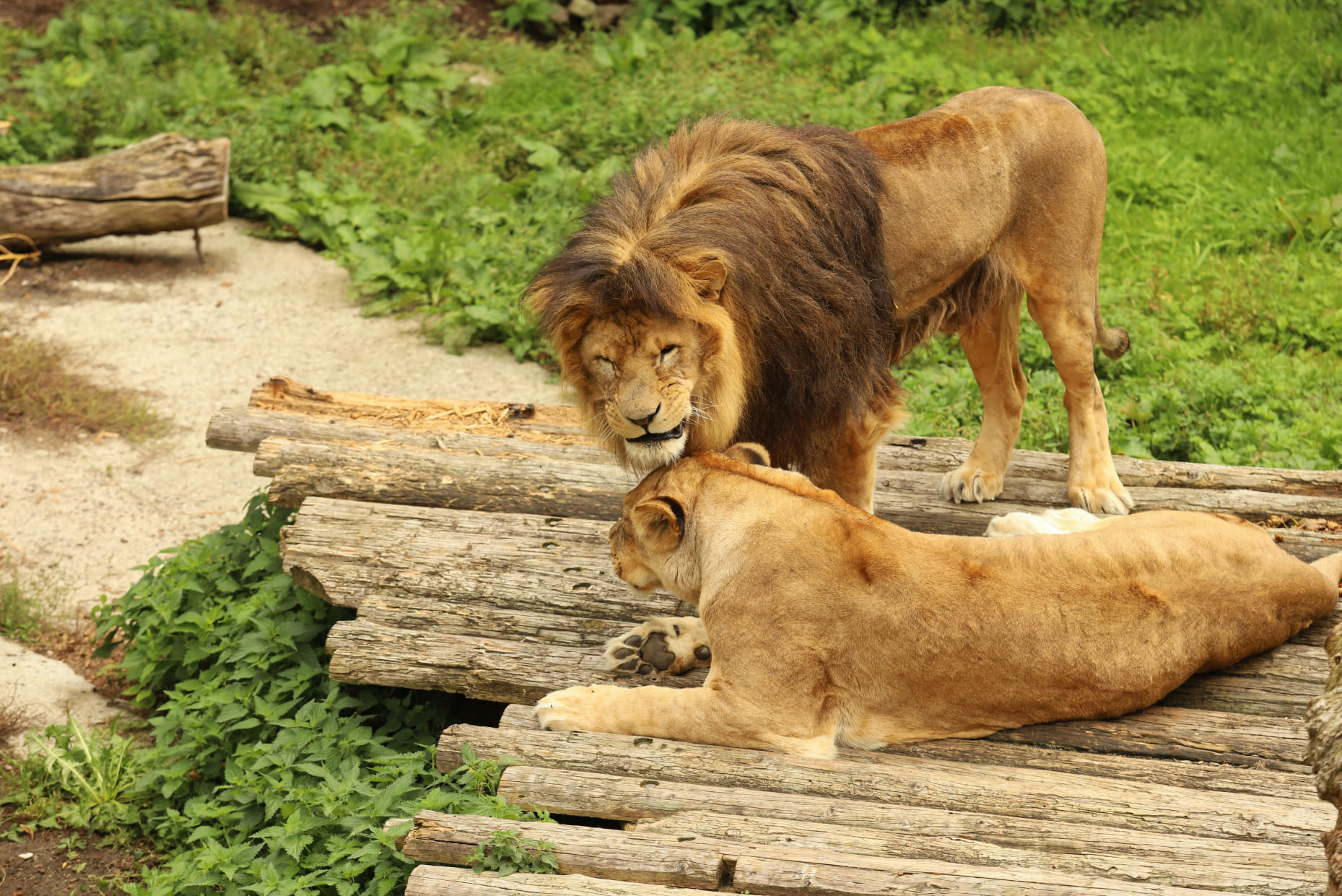Breeding programs in zoos are crucial because they help preserve genetic diversity among endangered species, ensuring a stronger, healthier population. Through careful pairing and monitoring, zoos can manage breeding to avoid inbreeding and produce offspring that may be reintroduced into their natural habitats. Such programs play a vital role in preventing extinction and maintaining stable populations.
About Us
- Home
- About Us
20
Animals

About Us
Educational Adventures
Zoos serve as outdoor classrooms, helping visitors learn about animal behaviors, ecosystems, and the importance of protecting natural habitats around the world.
By providing a protected environment, zoos offer endangered species a safe haven, giving them a chance to thrive and repopulate under expert care.
-
Zoos host animals of all shapes and sizes, giving visitors the chance to marvel at creatures from tiny songbirds to majestic elephants, all in one visit.
-
Personal animal encounters let visitors connect with wildlife on a deeper level, whether through feeding sessions, petting areas, or up-close viewing experiences.
The Role of Zoos in Scientific Research
Zoos contribute to scientific research by studying animal health, behavior, and genetics, providing valuable data that supports conservation efforts worldwide.
FAQ
Do You Have Any Question Please?
A day at the zoo is a day filled with discovery and wonder, creating memories that families can cherish for years to come./p>
-
-
Zoos support global conservation through partnerships, funding, and research. They collaborate with conservation organizations worldwide to protect animal habitats, rescue animals from illegal trade, and help reintroduce species into the wild. Additionally, zoos provide valuable scientific data and expertise, aiding global conservation initiatives and wildlife protection efforts.
-
Animal enrichment involves creating activities and environments that encourage animals to express natural behaviors, keeping them mentally and physically active. This may include toys, puzzles, or new scents and textures in their habitat. Enrichment is essential as it reduces stress, prevents boredom, and promotes well-being, making animals healthier and happier.
wildlife
Discovering Animal Instincts
Watching animals in a zoo setting allows us to observe their natural instincts, from hunting techniques to playful social interactions within their groups.

A Step into the Wild
Many zoos design their enclosures to closely resemble natural habitats, offering animals a familiar setting and visitors an authentic glimpse into diverse ecosystems.

An Escape to Nature
For city dwellers, zoos provide a welcome escape to nature, surrounded by greenery and the sounds of wildlife, fostering a sense of connection with the natural world.

Supporting Wildlife Conservation Efforts
Zoos raise awareness about conservation, helping visitors understand the importance of protecting habitats and species for future generations.

Bringing Awareness to Animal Welfare
Modern zoos prioritize animal welfare, ensuring each animal receives top-notch care, nutrition, and attention to their health and well-being.